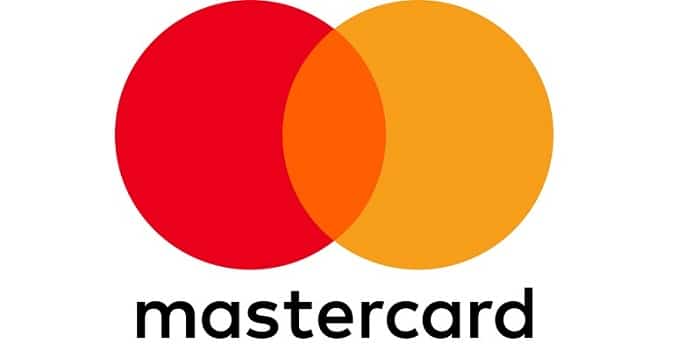Mastercard and Island Pay Launch World’s First Central Bank Digital Currency-Linked Card

Collaboration of Mastercard, Central Bank of The Bahamas and Island Pay gives people additional option to use The Bahamas Sand Dollar central bank digital currency
Today, Bahamians received even greater flexibility in how they shop and pay using the country’s digital currency, the first of its kind. Under a new program from Mastercard and Island Pay, the Bahamas Sand Dollar prepaid card gives people the option to instantly convert the digital currency to traditional Bahamian dollars and pay for goods and services anywhere Mastercard is accepted on the Islands and around the world.
The digital Sand Dollar is issued by the Central Bank of The Bahamas and carries the same value and consumer protections as a traditional Bahamian dollar. The digital currency can be used to facilitate government disbursements, offer additional payment choices and build a more inclusive economy. In The Bahamas, there are 700 small islands and more than 5000 square miles of water. Cash money movement becomes costly, which makes a central bank digital currency (CBDC) a preferred digital payment in the region. In the future, the Sand Dollar will be offered to tourists.
Originally piloted in 2019, the Sand Dollar became the first fully- deployed digital version of a country’s fiat currency in October 2020. At that time, the Sand Dollar was exclusively accessed by registered users through a digital app at select merchants. Island Pay mobile wallet users can decide if they want to transact in Sand Dollars or Bahamian dollars at merchants using the mobile app.
Activating the Latest Technologies
Mastercard’s innovative work with CBDCs supports governments around the world as they explore, test and deploy real-life use cases across existing payment rails. Its virtual testing environment enables the simulation of issuance, distribution and exchange of CBDCs between banks, financial service providers and people.
Island Pay’s technology platform, combined with Mastercard technology and wide merchant acceptance, has the potential to help reduce the operational distribution costs of cash and modernize the overall payments system in The Bahamas.
Central Bank of The Bahamas Governor, John Rolle, said: “We welcome this approach to combining digital currency use with access to foreign currency and other payment outlets. The Central Bank of The Bahamas will continue to encourage fintech developments that tie into the Sand Dollar infrastructure, while allowing us to satisfy best global practices for regulation of the space.”
Richard Douglas, co-founder of Island Pay, said: “By working closely with the Central Bank of The Bahamas and Mastercard, we are able to issue a prepaid card unlike any other in the world. We are now able to bring immediate, critical benefits to our customers at a time when they are looking to find new, innovative ways to pay. The Bahamas is leading innovation in CBDCs, and we’re thrilled to be able to play an important role in helping to democratize access to currency, especially in areas that are currently underserved.”
Mastercard’s Innovation in Digital Currencies and New Forms of Payment
As part of its long-term strategy to enable all types of payments – card, ACH and blockchain-based – Mastercard has invested in the technology to be ready to explore and enable both CBDCs and privately issued stablecoins in partnership with governments, banks and fintechs. With 89 blockchain patents globally, and an additional 285 blockchain applications pending worldwide, Mastercard already has one of the payment industry’s largest blockchain patent portfolios to draw from.
The company recently announced that it plans to support select digital currencies directly on its network, giving choice and flexibility to people and merchants. Each program will be evaluated against the principles Mastercard has established to guide its activities in this space.
Through a dedicated crypto card program, Mastercard helps its digital currency partners accelerate their development efforts, from design and market entry to growth and global expansion. As a result, the jointly-created solutions have an ability to enable a more inclusive economy. If a consumer wants to spend their holdings, Mastercard enables this through our crypto partnerships including Wirex, Uphold, BitPay, and most recently, LVL.
Raj Dhamodharan, executive vice president of Digital Asset & Blockchain Products & Partnerships at Mastercard, said: “This partnership is an example of how the private and public sector can rethink what’s possible, while delivering the strongest levels of consumer protection and regulatory compliance. We’re creating a lot more possibilities for governments, shoppers and merchants, allowing them to transact in an entirely new form of payment.”











